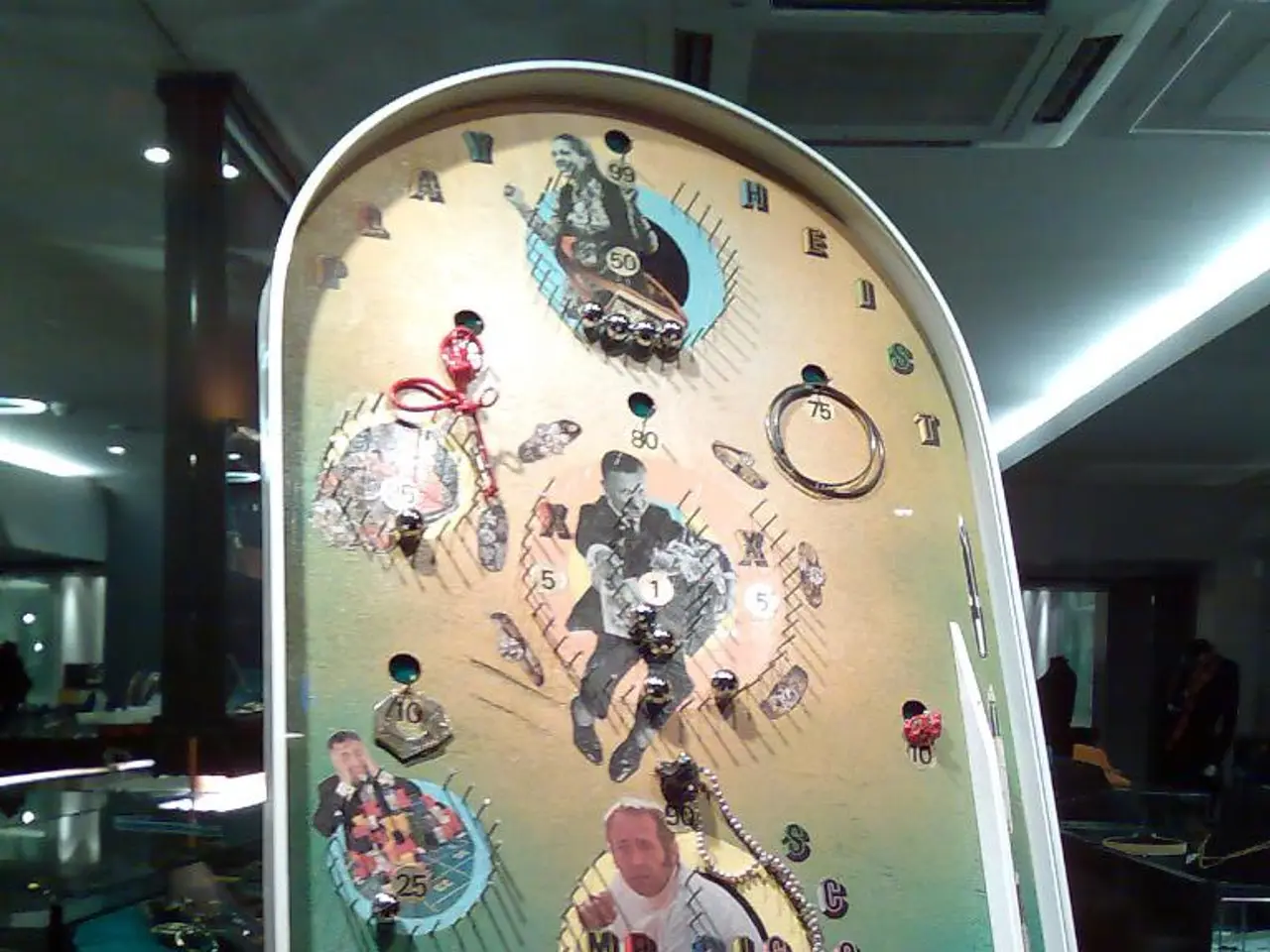Decreased Demand for Air Conditioners
In a recent survey conducted among Germans, it was found that approximately one in seven respondents plan to acquire an air conditioner, marking a decrease from one in five last year. Despite this decline, the global air conditioning market continues to grow robustly, with a projected growth from around $165 billion in 2024 to nearly $210 billion by 2027.
The interest in buying traditional air conditioners has not decreased overall due to high electricity costs or the increasing use of heat pumps for cooling. In fact, the market is projected to grow at a compound annual growth rate (CAGR) of about 6.5% from 2020 to 2025.
Manufacturers are focusing heavily on energy efficiency and eco-friendly refrigerants, making modern air conditioners more efficient and environmentally friendly than before. This helps mitigate concerns about electricity costs. Heat pumps, which can provide both heating and cooling more efficiently in some climates, are gaining interest and integration with smart home technologies. However, they have not clearly displaced traditional air conditioners on a global scale yet.
High installation and maintenance costs may limit adoption of air conditioning in developing economies, but demand remains strong in urbanized and climate-impacted regions. In India, one of the fastest-growing room air conditioner markets, sales growth projections were lowered for 2025 despite a heatwave-driven spike in June sales.
Last year, 20.5 percent of respondents reported using an air conditioner at home. Nearly two-thirds of the Germans who use air conditioning at home use portable devices, known as "monoblocks," which are generally more affordable but less efficient than built-in air conditioning systems. The survey did not determine whether the decrease in interest in purchasing air conditioners is significant.
It is worth noting that heat pumps can also have a cooling function, according to the Federal Association of Building Climate from Ludwigsburg. However, the survey did not provide information on the number of Germans who use heat pumps for cooling. Verivox, the commissioner of the survey, suspects that the decrease in interest in purchasing air conditioners may be related to high electricity costs and the increasing number of heat pumps.
In summary, while high electricity costs and heat pumps influence consumer choices and market dynamics, they have not caused a decrease in overall interest in buying air conditioners. Instead, the market is evolving with a stronger emphasis on energy-efficient and smart cooling solutions, maintaining steady growth globally despite some regional fluctuations in sales momentum.
Heat pumps, with their growing popularity and integration with smart home technologies, are potentially challenging traditional air conditioners in some households. Moreover, the home-and-garden sector, including technology-driven products like heat pumps, may experience significant growth as lifestyles aim for increased energy efficiency and eco-friendliness.




